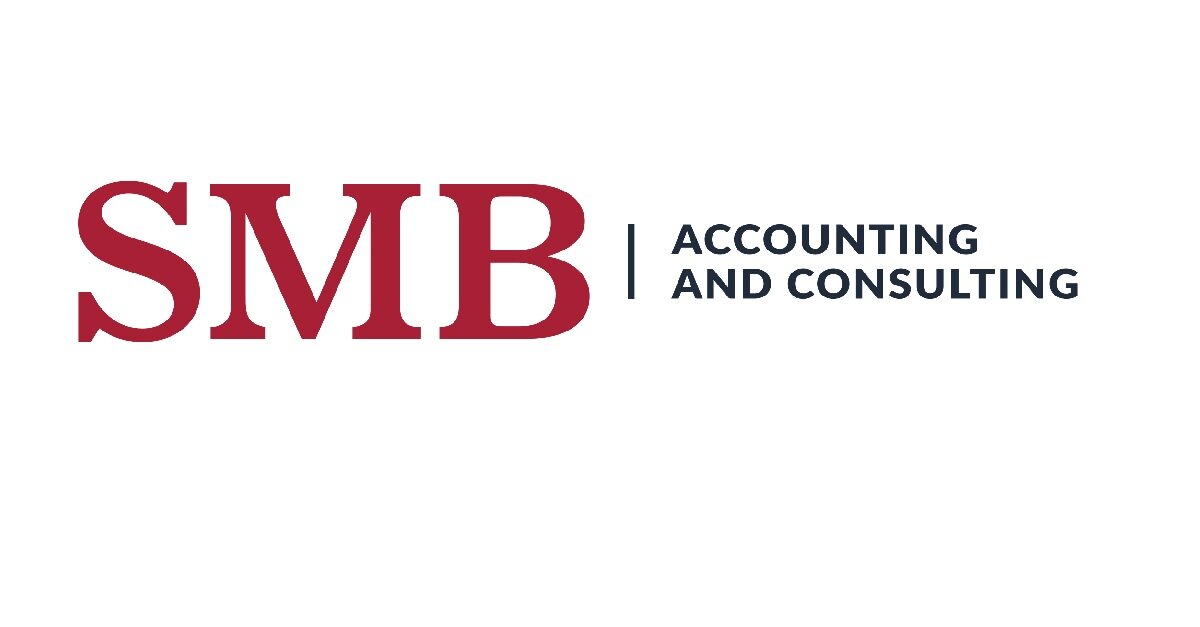Common Accounting Mistakes: Government Edition - Issue #9 How Quality Management Effects Accounting
When operating a small business, sometimes it is easy to avoid administrative tasks that seem unnecessary for a business of your size, such as implementing a total quality management plan. Though it may feel excessive in the beginning, that is exactly when you want to start! It is much easier to build a program as you grow rather than try to implement one later. The core of a total quality management is to say what you do, do what you say, and have documentation to back it up. Often when people think about quality management, they think about the quality of their deliverables, such as passing an inspection or being within tolerance, but quality effects all your business systems, and your bottom line.
A total quality management system seeks to continuously monitor the success of policies and procedures and compare the results against the current system in place, or the baseline. If the policy or procedure appears to not be meeting the goal, the root cause of the problem needs to be explored before adjustments can be made. Certifications such as ISO:9001, can signal to future buyers that your company is committed to continuous improvement.
Quality management and accounting systems go hand in hand, especially when it comes to managing government contracts. DCAA auditors not only want to see that there is a policy in place, but there is continued effort to monitor the effectiveness through separation of duties and internal audits. If inconsistencies are found, corrective actions should be documented, policies updated and distributed and verified later that the results were effective.
Indirect billing rates are a great example of where total quality management leads to a win-win situation for both you and your customer. As a company, you have established guidelines for creating a yearly budget and performing regular variance reviews to see where you may have deviated from the baseline. After some time, your budgets have become much more accurate. This allows you to submit for provisional billing rates that will require little adjustment once actual rates are approved. This reduces the risk of running out of funds on a contract prematurely or owing a significant amount of money back to the customer. Both situations are not ideal and interrupt cash flow, which is critical for small businesses. Accurate indirect rates and a quality accounting system are also valued by the customer. Understanding that your estimates are accurate and there will not be large adjustment billings allows them to accurately monitor the success of their project. The less risk you present to the customer on a project, the more likely they will return to you for work in the future.
One of the biggest benefits of a total quality management system is the confidence that it provides all stakeholders. If a company shows that its accounting practices are continuously improved, this can reassure the customer that you will be reliable when it comes to providing accurate estimates, submitting proper documentation for billing, and communicating information. Internally, confidence is found from knowing that there is accuracy in budgets to make major business decisions, that quotes provided to customers will be profitable, and that the process is continually examined to allow for preventive action, rather than reactive corrections that can be much more expensive.

